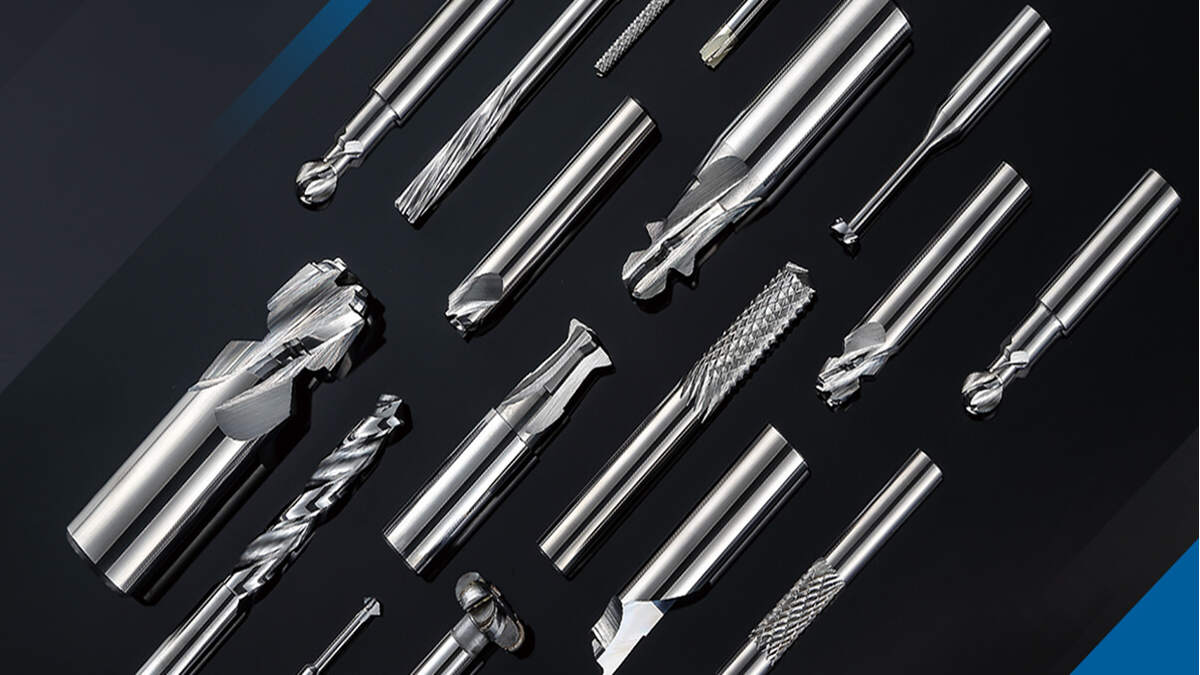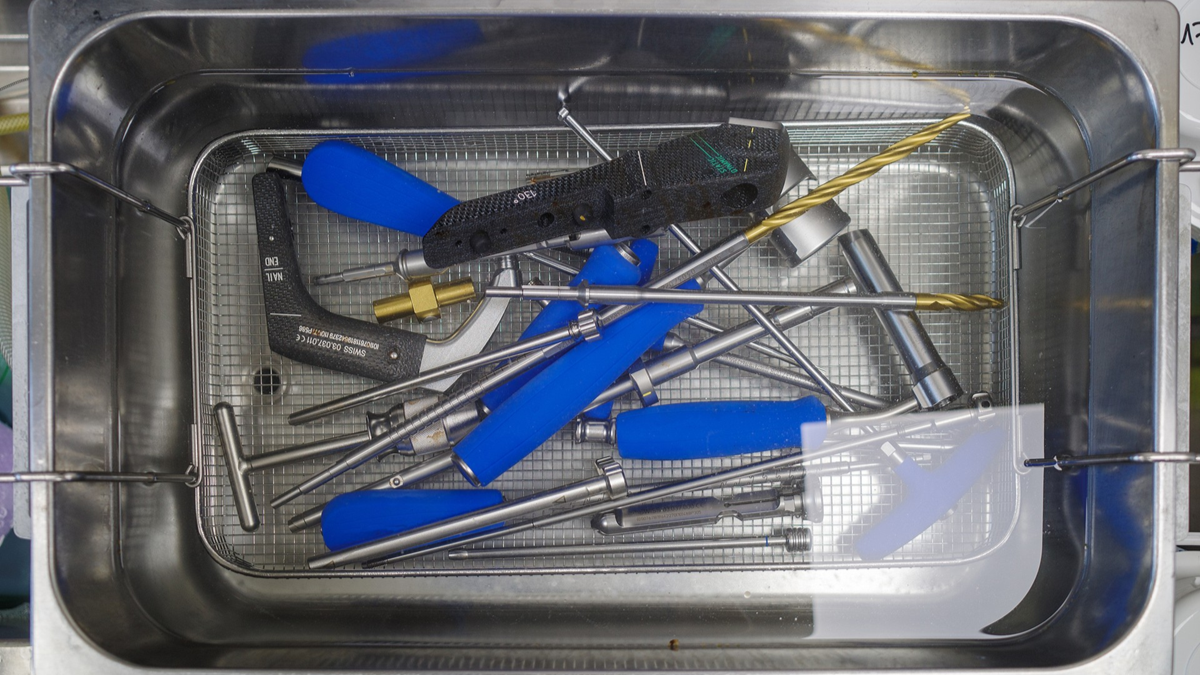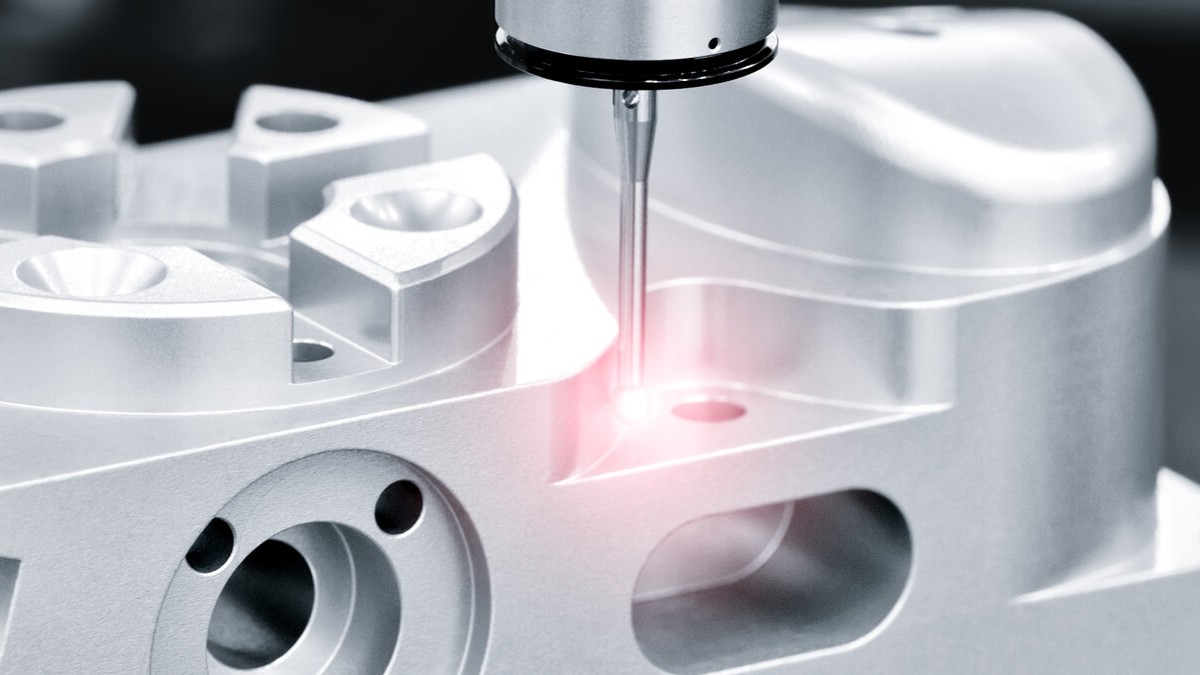Soft polyethylene (PE) and polypropylene (PP) waste are widely used in modern plastic industries, including packaging films, agricultural coverings, garbage bags, and logistics materials. Due to their high usage volume and recycling challenges, the effective recovery and processing of these materials have become a critical aspect of sustainable plastic management.
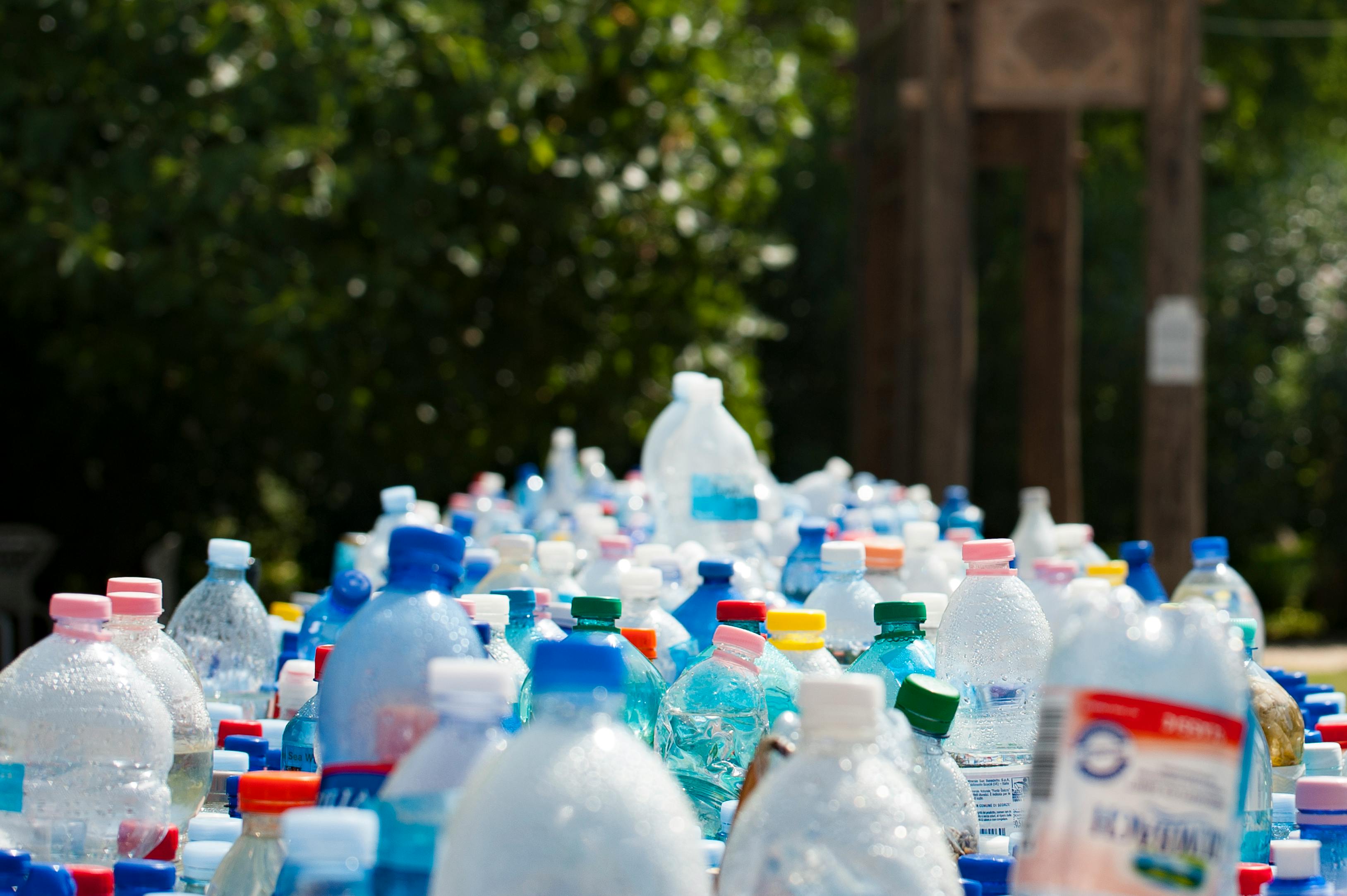
Photo by https://www.pexels.com/zh-tw/photo/802221/
Product Portfolio and Technical Advantages
The recycling of soft PE/PP waste generally involves the following key steps:
- Collection and Pre-Treatment
Waste films and woven bags are collected, and non-plastic contaminants such as metals, PVC, and paper are removed to ensure stability and efficiency in subsequent processing.
- Shredding and Washing
The plastic materials are shredded into smaller pieces and washed to remove oils, dust, and other impurities, improving the quality of the recycled material.
- Drying
Cleaned plastic pieces are dried to eliminate excess moisture, preparing them for the melting and pelletizing process.
- Pelletizing
Dried plastics are fed into a pelletizer, where they are melted, extruded, cooled, and cut to form uniform, reusable plastic pellets.
- Screening and Storage
Pellets are screened to remove undersized or defective particles, and the qualified recycled pellets are stored under suitable conditions for downstream manufacturing use.
Applications of Recycled Pellets
Recycled PE/PP pellets can be applied across multiple industries and product types, including:
- Film Products: such as garbage bags, agricultural covering films, and packaging films.
- Injection-Molded Products:including storage containers, pallets, and household items.
- Woven Products:such as plastic woven bags, ropes, and industrial fabrics.
These applications reduce dependence on virgin plastics, lower production costs, and enable effective resource recycling.
Common Types of Recyclable Soft PE/PP Waste
Soft PE/PP waste suitable for recycling typically includes:
Packaging Films
- Food packaging films (e.g., frozen food bags, snack packaging)
- Industrial packaging films (e.g., stretch films, bubble wrap)
- Agricultural covering films (e.g., greenhouse films, ground covers)
Plastic Bags
- Supermarket shopping bags and courier bags
- Garbage bags and waste sorting bags
Soft Woven and Bag Materials
- PE/PP woven bags (e.g., feed bags, fertilizer bags, industrial material bags)
- Plastic ropes or composite film materials
Industrial Waste and Offcuts
- Production scrap from bag or film manufacturing
- Rejected or defective plastic sheets and products
After cleaning, drying, and pelletizing, these materials become high-quality recycled pellets suitable for films, injection-molded products, agricultural coverings, or woven products. Professional recycling systems effectively remove contaminants, enhance material purity, and increase the value of recycled plastics, promoting circular resource use.
Technical Challenges and Future Outlook
Recycling soft PE/PP waste faces several challenges, including material contamination, high processing costs, and limited market acceptance of recycled materials. To improve recycling efficiency and product quality, the industry is focusing on:
- Technological Innovation:Developing more efficient, cost-effective washing, pelletizing, and automation technologies to enhance recovery rates and pellet consistency.
- Policy Support:Encouraging investment in recycling facilities and incentivizing the use of recycled materials through governmental policies.
- Market Expansion:Broadening the applications of recycled materials, increasing downstream demand, and promoting circular economic development.
With continuous advances in recycling technologies and supportive policies, the recovery of soft PE/PP waste is expected to become more efficient and environmentally friendly, providing strong support for sustainable development in the plastic industry.



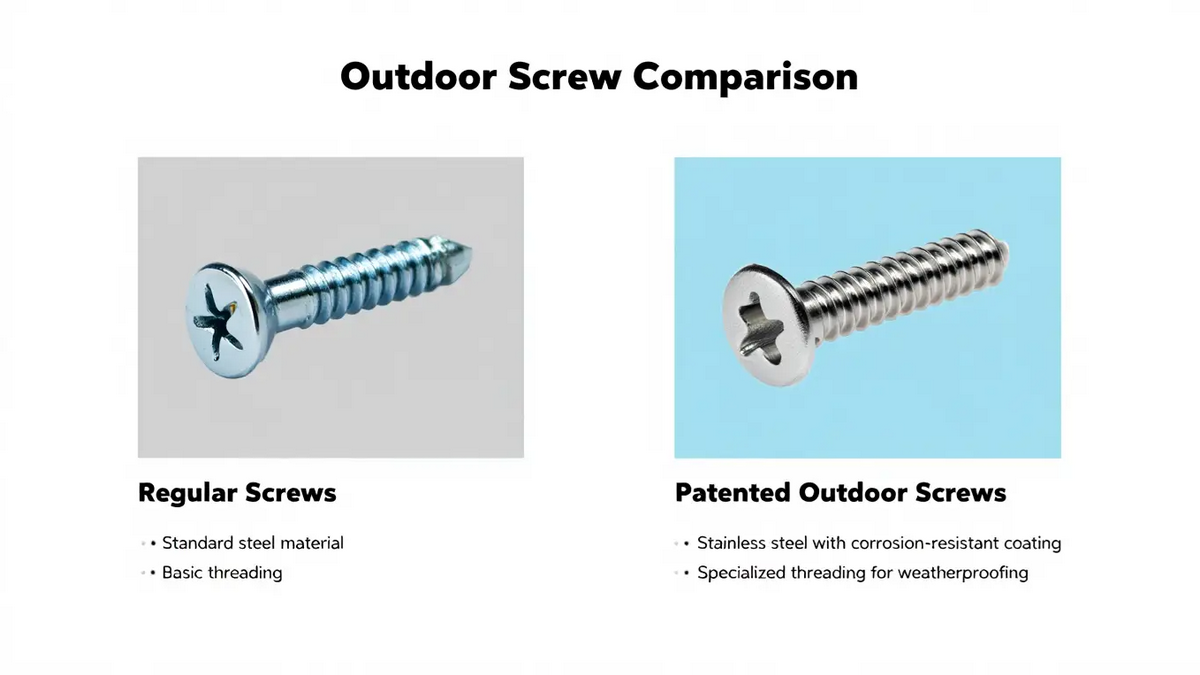
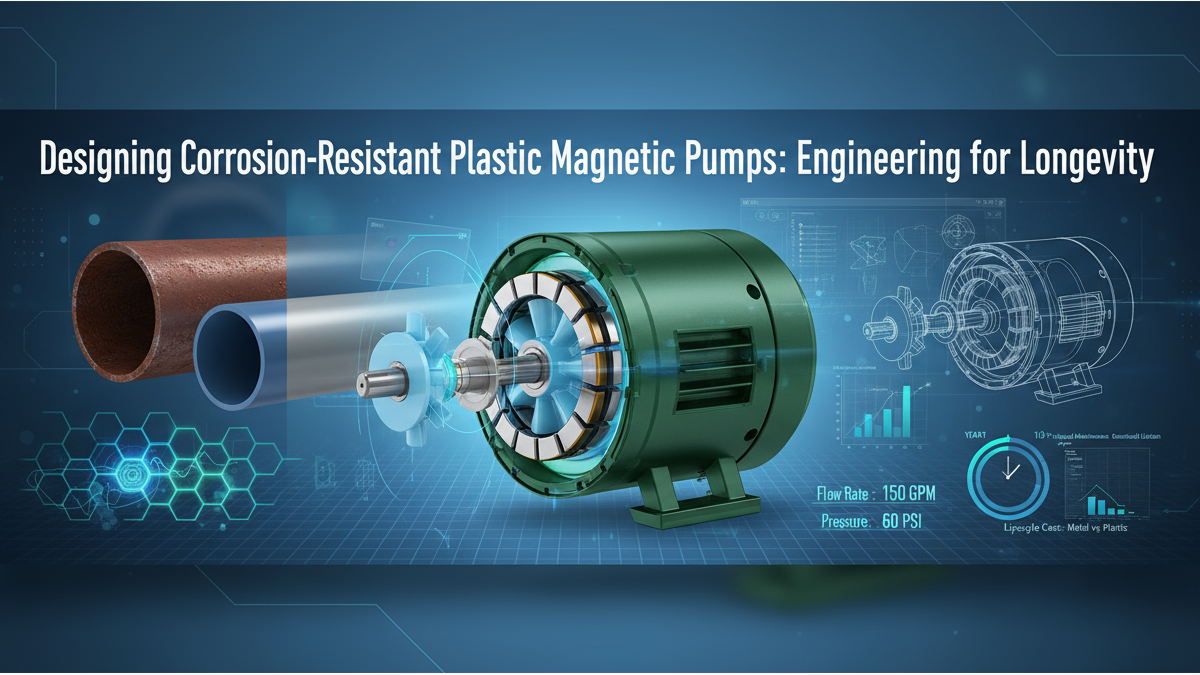

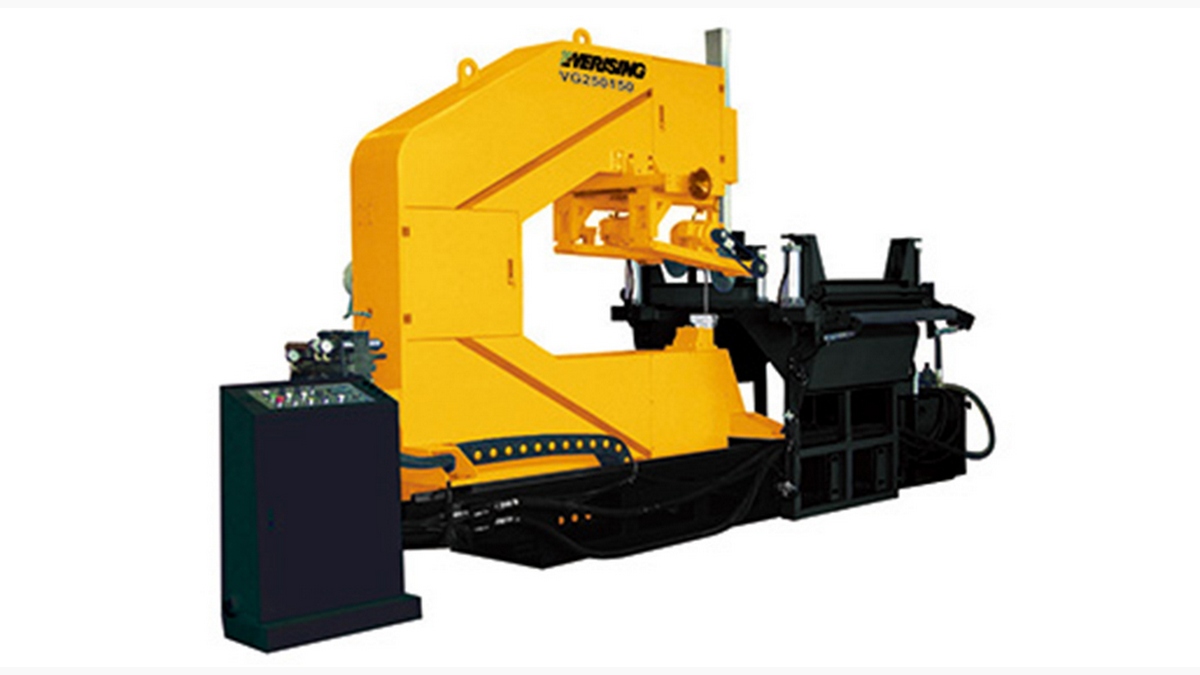


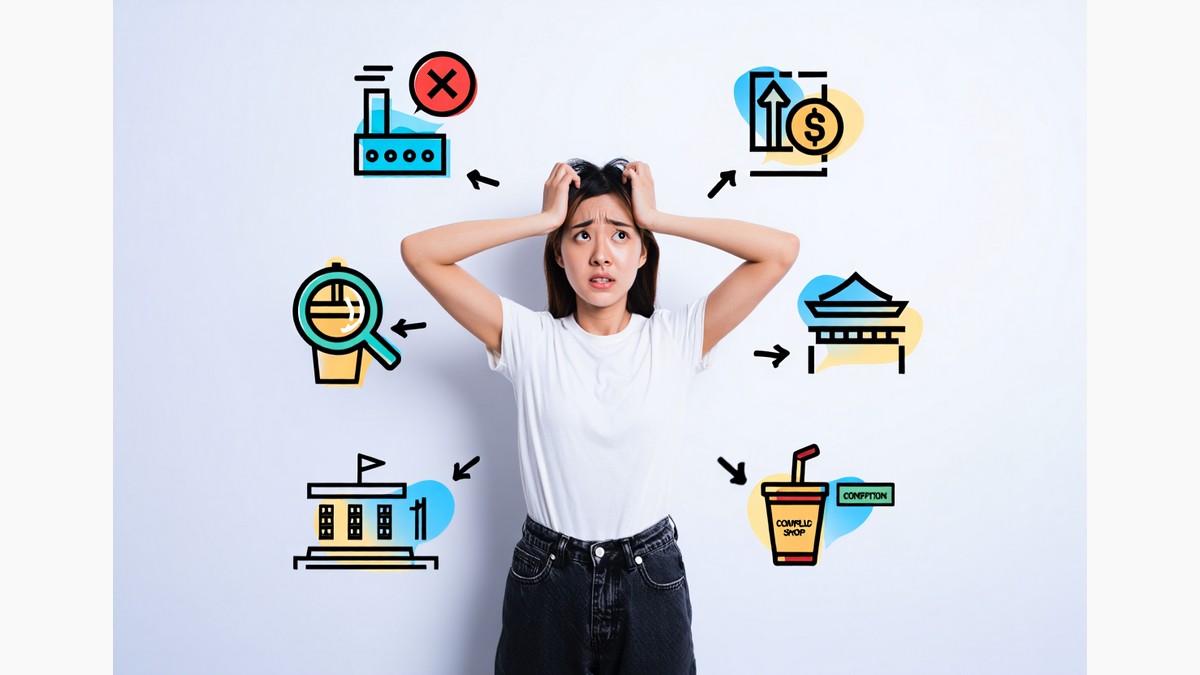
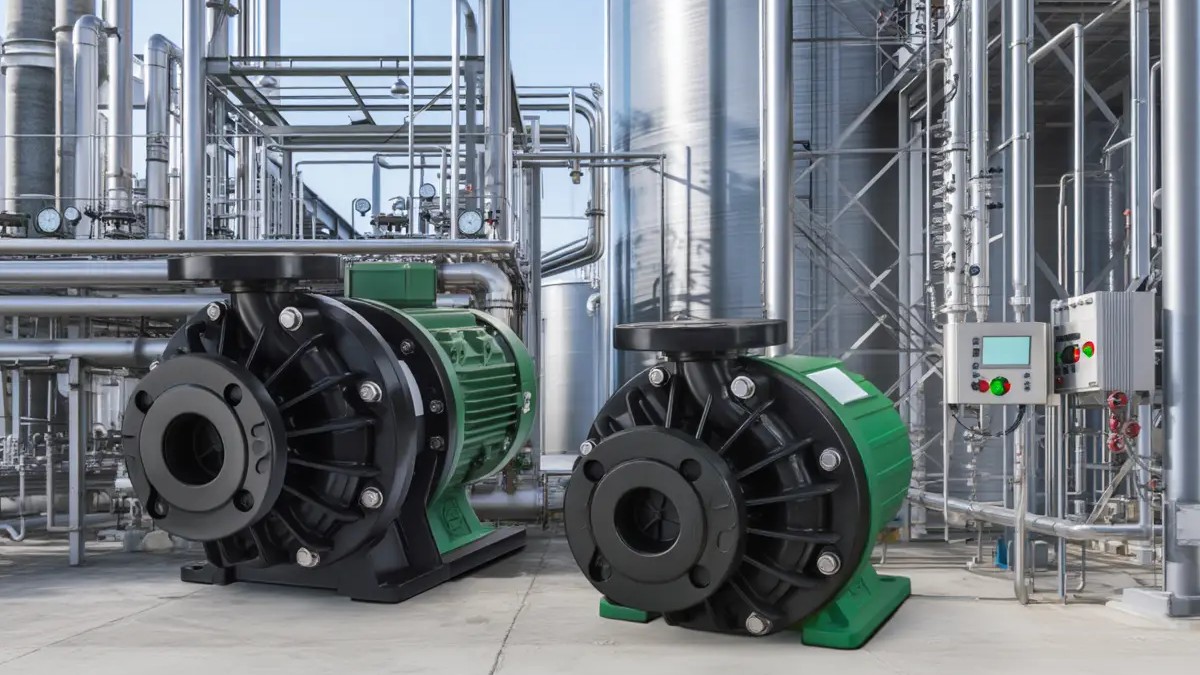
.png)
